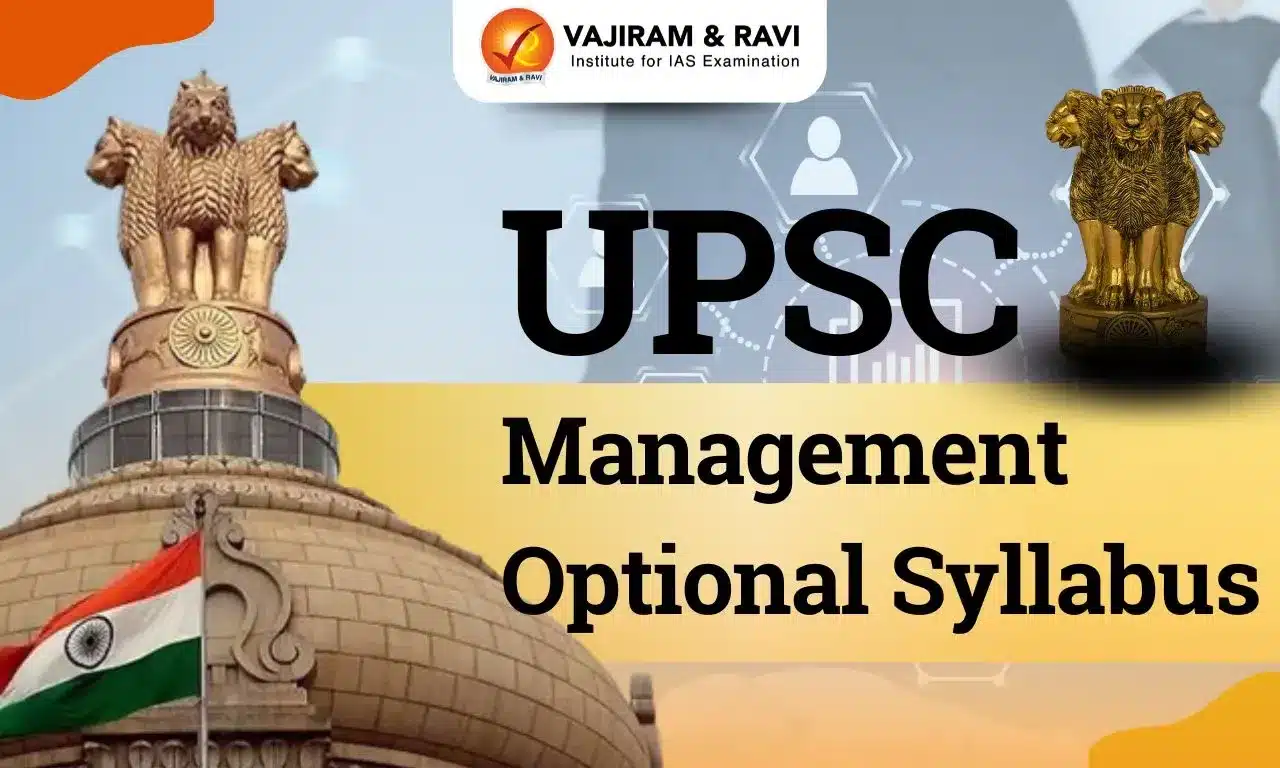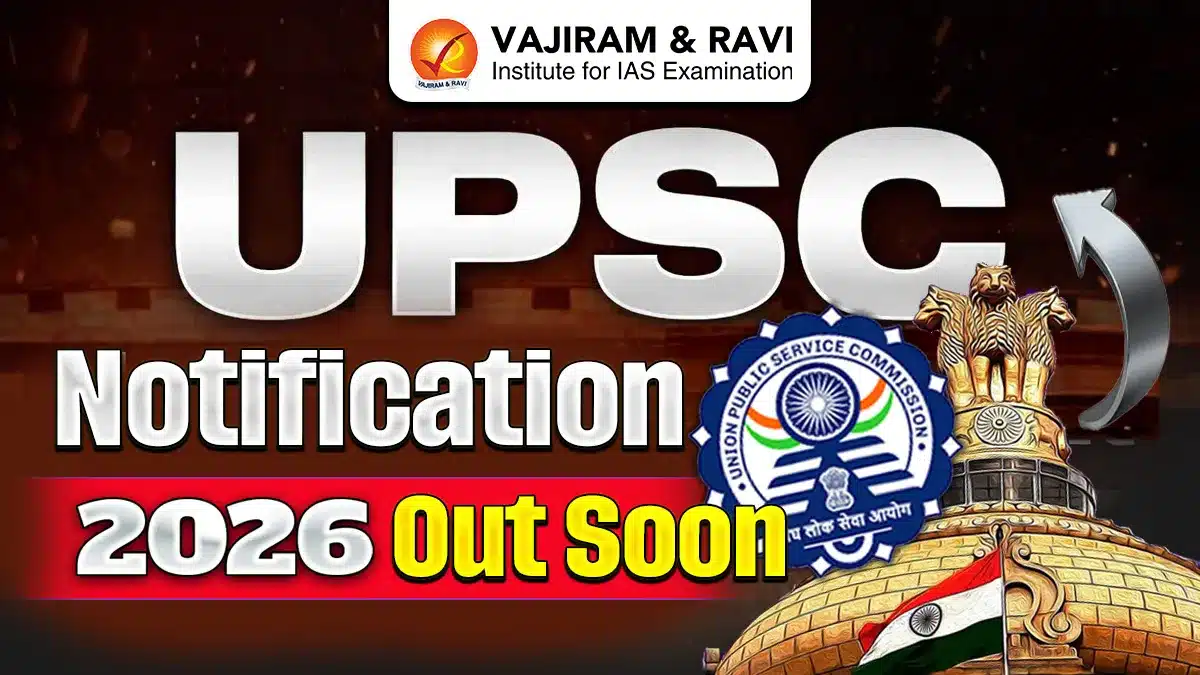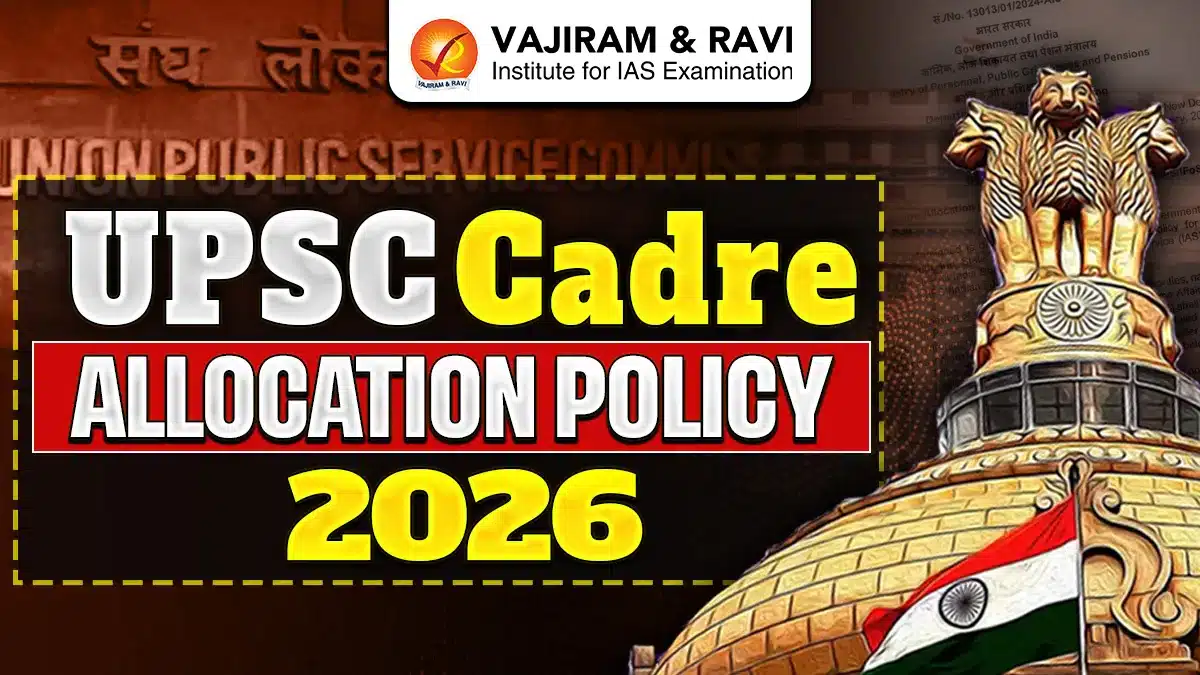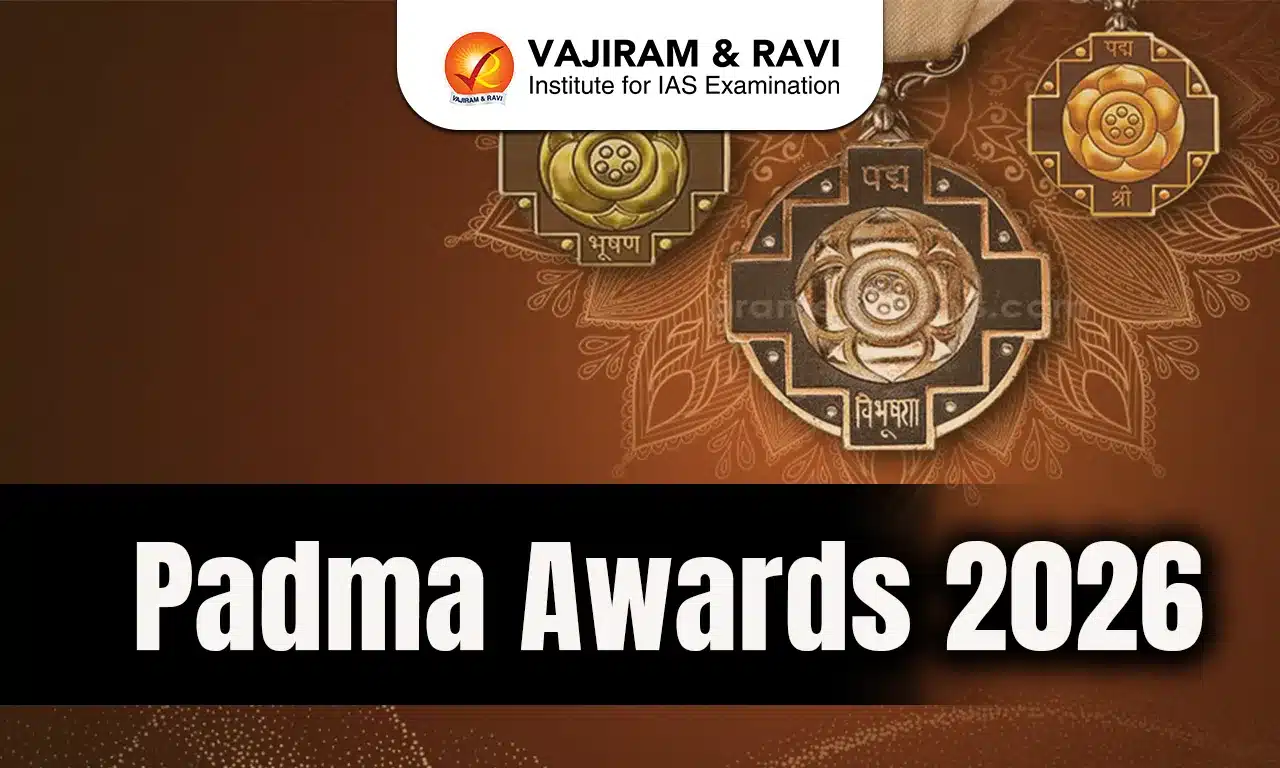The UPSC Management Optional Syllabus for Mains is designed to evaluate candidates' understanding of key management concepts and their application in various organizational contexts. This syllabus encompasses a range of topics, including principles of management, organizational behavior, strategic management, and human resource management. It aims to assess both theoretical knowledge and practical insights, preparing candidates to address complex management issues and apply innovative solutions. With a focus on contemporary management practices and theories, the syllabus provides a comprehensive foundation for aspirants to excel in the management optional paper.
UPSC Management Optional Syllabus
The UPSC Civil Services Mains Exam includes Management as one of the optional subjects, divided into two papers (Optional Paper I and Paper II). This article outlines the detailed syllabus for the UPSC Management optional papers.
The study of Management remains valuable beyond the UPSC examination, as it is a key aspect of an IAS officer's role. The skills and knowledge acquired in Management during UPSC Main preparation are applicable across various aspects of an officer's duties. Therefore, candidates with a background in management or those working in managerial roles will find this subject particularly advantageous.
UPSC Management Syllabus for Paper 1
Paper 1 of the UPSC Management Optional focuses on foundational concepts in management, including principles of management, organizational behavior, and human resource management. It covers the essential theories and practices that form the core of effective management.
| Paper 1 | Topics |
| 1. Managerial Function and Process | Concept and foundations of management, evolution of management thoughts, managerial functions (planning, organizing, controlling), decision making, role of manager, managerial skills, entrepreneurship, management of innovation, managing in a global environment, flexible systems management, social responsibility and managerial ethics, process and customer orientation, managerial processes on direct and indirect value chain. |
| 2. Organizational Behaviour and Design | Conceptual model of organizational behaviour, individual processes (personality, values, attitude, perception, motivation, learning, reinforcement, work stress and stress management), organizational dynamics (power, politics, conflict, negotiation, leadership, communication), organizational processes (decision making, job design), classical, neoclassical, and contingency approaches, organizational theory and design (culture, diversity, learning organizations, change and development), knowledge-based enterprise, networked and virtual organizations. |
| 3. Human Resource Management | HR challenges, HRM functions, future challenges of HRM, strategic management of human resources, human resource planning, job analysis, job evaluation, recruitment and selection, training and development, promotion and transfer, performance management, compensation management and benefits, employee morale and productivity, management of organizational climate and industrial relations, human resources accounting and audit, human resource information system, international human resource management. |
| 4. Accounting for Managers | Financial accounting (concept, importance, scope, GAAP, preparation of financial statements, balance sheet analysis, inventory valuation, depreciation, financial statement analysis, fund flow analysis, cash flows), management accounting (concept, need, importance, scope), cost accounting (records, processes, cost ledger, control accounts, overhead cost, job and process costing, budgeting, standard costing, variance analysis, marginal and absorption costing). |
| 5. Financial Management | Goals of finance function, concepts of value and return, valuation of bonds and shares, management of working capital (estimation, financing), management of cash, receivables, inventory, and current liabilities, cost of capital, capital budgeting, financial and operating leverage, capital structure, shareholder value creation, dividend policy, corporate financial policy and strategy, capital and money markets, leasing, hire purchase, venture capital, regulation of capital markets, risk and return (portfolio theory, CAPM, APT), financial derivatives, recent reforms in financial sector. |
| 6. Marketing Management | Concept, evolution, scope, marketing strategy formulation, components of marketing plan, market segmentation and targeting, positioning and differentiation, competition analysis, consumer markets, industrial buyer behaviour, market research, product strategy, pricing strategies, marketing channels, integrated marketing communications, customer satisfaction, value, retention, services and non-profit marketing, ethics in marketing, consumer protection, internet marketing, retail management, customer relationship management, holistic marketing. |
UPSC Management Syllabus for Paper 2
Paper 2 delves into advanced topics such as strategic management, financial management, marketing management, and project management. It explores strategic decision-making, operational efficiency, and the application of management theories in real-world scenarios.
| Paper 2 | Topics |
| 1. Quantitative Techniques in Decision Making | Descriptive statistics (tabular, graphical, numerical methods), probability (discrete and continuous distributions), inferential statistics (sampling distributions, central limit theorem, hypothesis testing), Chi-square, ANOVA, correlation and regression, time series and forecasting, decision theory, index numbers, linear programming (problem formulation, simplex method, graphical solution, sensitivity analysis). |
| 2. Production and Operations Management | Fundamentals of operations management, organizing for production, aggregate production planning, capacity planning, plant design, process planning, management of facilities, line balancing, equipment replacement and maintenance, production control, supply chain management, quality management, statistical process control, Six Sigma, flexibility and agility in manufacturing systems, world-class manufacturing, project management, R&D management, service operations management, materials management, value analysis, make-or-buy decision, inventory control, MRP, waste management. |
| 3. Management Information System | Conceptual foundations of information systems, information theory, information resource management, types of information systems, systems development (overview, design, development lifecycle), online and distributed environments, project implementation and control, trends in information technology, managing data resources (DSS, RDBMS), ERP, expert systems, e-business architecture, e-governance, information systems planning, flexibility, user involvement, evaluation. |
| 4. Government Business Interface | State participation in business, interaction between government, business, and chambers of commerce, government policies (small scale industries, new enterprises, price and distribution control, consumer protection, industrial policy), Indian planning system, development of backward areas, corporate governance, cyber laws. |
| 5. Strategic Cost Management | Business policy, nature and scope of strategic management, strategic intent, vision, objectives, policies, strategic planning and implementation, environmental and internal analysis, SWOT analysis, tools for strategic analysis (impact matrix, experience curve, BCG matrix, GEC mode, industry analysis, value chain), strategic profile, competition analysis, competitive advantage, generic strategies, growth strategies, core competence, strategic flexibility, strategy and structure, turnaround management, strategic alliances, mergers and acquisitions, strategy and corporate evolution in the Indian context. |
| 6. International Business | International business environment (trade composition, foreign trade policy, trends), financing of international trade, regional economic cooperation, FTAs, internationalization of service firms, international production, operation management in international companies, international taxation, global competitiveness, technological developments, global e-business, global organizational structure and control, multicultural management, global business strategy, global marketing strategies, export management, export-import procedures, joint ventures, foreign investment (FDI, portfolio investment), cross-border mergers and acquisitions, foreign exchange risk management, world financial markets, international banking, external debt management, country risk analysis. |
UPSC Management Optional Syllabus- Preparation Strategy
- Understand the Syllabus Thoroughly: Begin by meticulously studying the UPSC Management optional syllabus to identify key topics and subtopics. Familiarize yourself with the structure and weight of each section to plan your study schedule effectively.
- Build a Strong Foundation: Start with the fundamental concepts of management, including principles, theories, and models. Use standard textbooks and resources to build a solid understanding of basic management principles.
- Refer to Standard Textbooks and Resources: Utilize recommended books and study materials specific to management. Key texts often include "Principles of Management" by Robbins & Coulter and "Management and Organizational Behavior" by Stephen Robbins. Supplement with current journals and case studies.
- Practice Answer Writing: Regularly practice writing answers to previous years' question papers and mock tests. Focus on structuring your answers clearly, integrating management theories with practical examples, and adhering to the word limit.
- Integrate with General Studies: Identify areas where management overlaps with General Studies papers, such as ethics, governance, and economic development. This integrated approach helps in reinforcing concepts and applying them contextually.
- Stay Updated with Current Affairs: Keep abreast of current trends and developments in management and organizational behavior. Incorporate recent case studies and examples in your answers to demonstrate relevance and analytical thinking.
- Revise Regularly: Schedule regular revision sessions to reinforce your understanding and retention of key concepts. Use summaries, mind maps, and flashcards to aid quick recall.
- Seek Guidance and Feedback: Engage with mentors or join study groups to discuss complex topics and get feedback on your answers. This collaborative approach helps in gaining different perspectives and improving your analytical skills.
By following these strategies, you can effectively prepare for the UPSC Management optional paper, enhancing your ability to tackle the exam with confidence and clarity.
Books to Study for UPSC Management Syllabus
The following UPSC Management Optional Books collectively cover the essential aspects of the UPSC Management syllabus, providing a thorough understanding of management theories, practices, and applications.
- "Principles of Management" by Robbins & Coulter
- "Management and Organizational Behavior" by Stephen Robbins
- "Managerial Economics" by Dominick Salvatore
- "Strategic Management: Concepts and Cases" by Fred R. David
- "Human Resource Management" by Gary Dessler
- "Operations Management" by William J. Stevenson
- "Business Policy and Strategic Management" by Lawrence G. Hrebiniak
- "Financial Management" by I.M. Pandey
Important Topics in UPSC Management Syllabus
These topics form the core of the UPSC Management syllabus, and a thorough understanding of each area is essential for successful examination preparation.
- Principles of Management
- Key management functions: planning, organizing, leading, and controlling.
- Classical and modern management theories, including scientific management and managerial grid theory.
- Organizational Behavior
- Theories of motivation and leadership (e.g., Maslow's hierarchy of needs, Herzberg’s two-factor theory).
- Group dynamics, organizational culture, and change management.
- Strategic Management
- Strategic planning, formulation, and implementation.
- SWOT analysis, competitive strategies, and corporate strategy development.
- Human Resource Management
- Recruitment and selection, training and development, performance appraisal.
- Employee relations, compensation management, and labor laws.
- Marketing Management
- Marketing concepts, strategies, and mix (4Ps: Product, Price, Place, Promotion).
- Consumer behavior, market segmentation, and brand management.
- Operations Management
- Operations planning and control, quality management, and supply chain management.
- Production processes, inventory management, and project management.
- Financial Management
- Financial planning, analysis, and control.
- Capital budgeting, financial statements analysis, and cost management.
- Managerial Economics
- Demand and supply analysis, cost and production functions.
- Pricing strategies, market structures, and economic policies affecting management.
- Business Policy and Strategic Management
- Policy formulation, implementation, and strategic decision-making.
- Corporate governance and ethics, and strategic management models.
- Project Management
- Project life cycle, planning, execution, monitoring, and evaluation.
- Risk management, project scheduling techniques (e.g., PERT/CPM).
| Other Related UPSC Optional Syllabus | ||
|---|---|---|
|
UPSC Animal Husbandry & Veterinary Science Optional Syllabus |
|
|
Last updated on January, 2026
→ Check out the latest UPSC Syllabus 2026 here.
→ Join Vajiram & Ravi’s Interview Guidance Programme for expert help to crack your final UPSC stage.
→ UPSC Mains Result 2025 is now out.
→ UPSC Notification 2026 Postponed for CSE & IFS which was scheduled to be released on 14 January 2026.
→ UPSC Calendar 2026 has been released.
→ UPSC Prelims 2026 will be conducted on 24th May, 2026 & UPSC Mains 2026 will be conducted on 21st August 2026.
→ The UPSC Selection Process is of 3 stages-Prelims, Mains and Interview.
→ Prepare effectively with Vajiram & Ravi’s UPSC Prelims Test Series 2026 featuring full-length mock tests, detailed solutions, and performance analysis.
→ Enroll in Vajiram & Ravi’s UPSC Mains Test Series 2026 for structured answer writing practice, expert evaluation, and exam-oriented feedback.
→ Join Vajiram & Ravi’s Best UPSC Mentorship Program for personalized guidance, strategy planning, and one-to-one support from experienced mentors.
→ UPSC Result 2024 is released with latest UPSC Marksheet 2024. Check Now!
→ UPSC Toppers List 2024 is released now. Shakti Dubey is UPSC AIR 1 2024 Topper.
→ Also check Best UPSC Coaching in India
UPSC Management Optional Syllabus FAQs
Q1. Is management a good optional for UPSC?+
Q2. Which is the hardest optional subject for UPSC?+
Q3. What is the syllabus for management in UPSC?+
Q4. Which is the shortest syllabus in UPSC optional?+
Q5. Which optional is very easy for UPSC?+

















